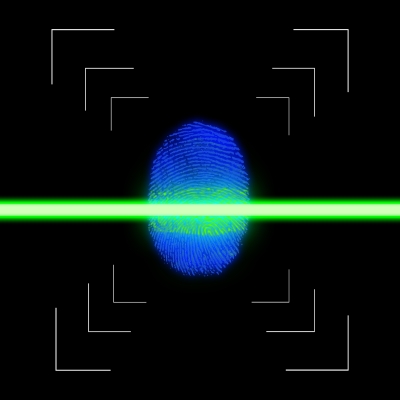-
- 16
Jan - (0)
Consumer ID
I remember odd stories of people being referred to professionals and treated for conditions they didn’t have because they were mistaken to be somebody else with an entirely different problem. Wrong medications can be delivered or professionals can act under false assumptions when working with the consumer. Confusion like this can be avoided with positive identification methods available to the Electronic Health Record (EHR).

A little over a year ago, Rand Corporation said that the Unique Patient Identifier would cost $11 billion, and pay off nationwide in reducing these sorts of medical errors, and in simplifying the nationwide effectiveness of the Electronic Health Record (EHR), which in turn can introduce a high level of efficiency, and a way to enforce patient privacy. Thank you, Rand. In the EHR manufacturing world, we’ve been selling these ideas for many years. Hopefully Rand and other high-profile companies will help make the nationwide Unique Patient Identifier a reality.
One important result of the nationwide Unique Patient Identifier for consumers would be patient confidentially, or so we’ve said for over a decade. Patients deserve to have control over who knows their mental health diagnosis or any information about their stay in an addiction treatment center. Typically, we’ve accepted we will be identified by a number, so what number do we use? The Veteran’s Administration uses the social security number, identifying VA Hospital patients by last name and the last 4 digits of their SSAN. I don’t know if that’s good or bad, but it certainly seems effective.
Occasionally we hear of breaches in confidentiality like the loss of a Veteran’s Administration laptop in May of 2007 with a gazillion veteran’s names and numbers on it…like social security numbers. That single event woke me up to how important it is for me to maintain the confidentiality of that particular number.
Let’s use my old pal Kenny as an example of how this “secret” and private number has been spread around. Who has Kenny’s social security number? Oh, everybody, it seems.
- Social Security Administration
- Internal Revenue Service
- Chase Manhattan, Bank of America, and every other lending institution Kenny’s done business with
- Verizon (there’s a mistake)
- Allstate, GEICO and every other insurance company he’s done business with
- Brookhaven, New York Presbyterian, and Ashland Community Hospital in Oregon, plus any other hospital that’s treated Kenny
- Dentists, optometrists, and other specialists from coast to coast
- Landlords, ex spouses and kids
In short, that secret number isn’t very secret, but it’s the closest thing that we have to an identifier. In my book, it’s time to abandon the idea of the social security number as a single identifier…it’s too compromised.
The solution for me seems to be technical. What’s done is done, and Kenny can’t do much about it. Perhaps you can. You don’t have to share your social security number with anybody…Verizon and the banks might argue about that, but it’s a law. These companies may not let you use their services and products as a result. No phone and no mortgage could be an inconvenience.
Signature pads have been in use for many years to validate consumer identity. A common software technology ties the signature to a patient ID. If consumer data needs to be shared with others, the patient signs for it, validating his Unique Patient Identifier. This assures the consumer is in control of who sees what. Without the signature, these entities who have your information can’t share it, and if they do, they are at great risk. Somebody could be open for a law suit or jail.
Voice technology, face identification, and retinal scans are a few other methods that can be used to validate Kenny is who he says he is, which is handy in the case of identity theft. Most of the organizations like credit bureaus and medical providers (probably your friendly neighborhood Community Mental Health Clinic) simply pair the SSAN with the date of birth, name and/or address, which is simple. Is that secure enough for you?
A solid, durable signature pad costs around $200 (the $100 model wears out quickly in a production environment and the $400 model with LED screens and interactive technology may be overkill). The other solutions cost a bit more, but so what? Technology is a pretty reasonable solution to assure nobody else is using a consumer’s ID, and confusing a person’s diagnoses and treatment with somebody else or spreading it across town or across the country without that person’s permission.
The simple point is, when it comes to treatment, maintaining confidentiality is tough and getting tougher as the National Health Record becomes a reality, and in the end, every citizen needs to take responsibility for the security of his ID. Keep your eyes and ears open, campers!
- 16

Leave a Reply